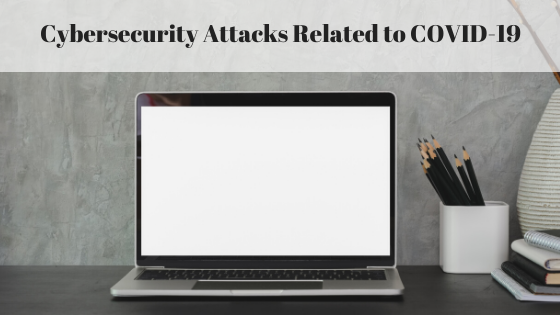There has been an unprecedented increase in cybersecurity attacks since the pandemic COVID-19 started. One major reason is that people who are working from home are more vulnerable because of services such as Virtual Private Networks (VPNs). This makes data less secure than if it were being handled in a corporate environment. People are also more vulnerable emotionally because of a combination of fear regarding the virus itself, as well as a potential loss of employment. Unfortunately, criminals have always sought out potential victims by targeting feelings of vulnerability, fear, and the innate trust that lies within most people.
The targets, in this case, can range from individuals to businesses of any size. All over the world, the public is being inundated with COVID-related scams and phishing emails and phone calls. Scams have included false alerts about contagion and requests for financial or identity information.
A large number of scams also focus on the false hope surrounding potential cures. It’s impossible to browse the internet nowadays without seeing nonstop ads that promise remedies and testing. In the face of something as terrifying as a global pandemic, there will always be an audience ready to believe the idea of a miracle cure. Unfortunately, many scams focus on fake reports about drugs that either don’t really exist or ones that are actually very harmful to humans. Some oils and lotions and vitamins that are already on the market are now being touted as miracle cures as well, even though they have no legitimate scientific backing to make such claims.
At-home testing kits are something that millions of people are waiting for, even though they are not yet available to the general public. That doesn’t stop social media ads that claim a speedy turnaround time for results from the privacy of one’s own home.
There has also been a massive spike in online hacking regarding user accounts of online stores such as eBay. People have reported being locked out of their accounts and unable to retrieve them because of two-factor authorization issuance to the hackers. Because of the pandemic, website customer service is at maximum capacity and very slow to respond, which is affecting seller ratings and ripping-off buyers with fake transactions that are sold but never sent.

